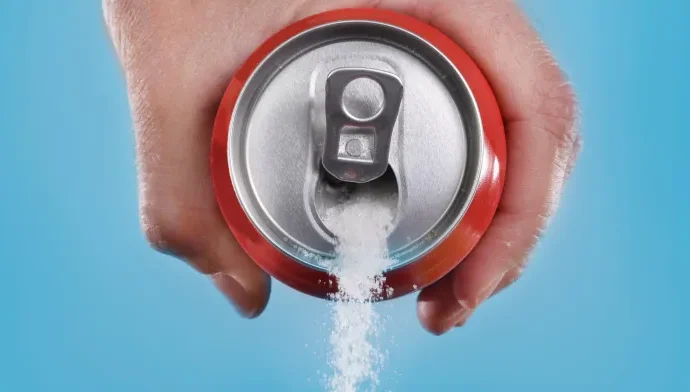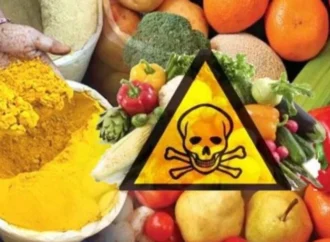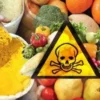Key Update
A new study shows that regular consumption of artificial sweeteners in diet sodas, flavoured waters, and low-calorie snacks accelerates memory and thinking decline in middle-aged adults. High consumers experienced 1.6 extra years of brain ageing, with the strongest effects in people under 60 and those with diabetes.
Eight-Year Study in Brazil
On September 3, Neurology, the journal of the American Academy of Neurology, published a study that tracked 12,772 Brazilian adults for an average of eight years. Participants, with an average age of 52, completed detailed questionnaires on their diets, including intake of seven common sweeteners—aspartame, saccharin, acesulfame-K, erythritol, xylitol, sorbitol, and tagatose. Researchers grouped them into low, medium, and high consumers. These sweeteners appear widely in ultra-processed foods like sodas, energy drinks, yoghurts, and low-calorie desserts, and are often sold as sugar substitutes.
Faster Decline in Heavy Consumers
Researchers conducted cognitive tests at the start, midpoint, and end of the study to measure memory, verbal fluency, word recall, processing speed, and working memory. After accounting for age, sex, blood pressure, and heart disease, they found that high consumers experienced a 62% faster decline in cognitive performance than low consumers—equivalent to 1.6 years of extra brain ageing. Medium consumers experienced a 35% faster decline, or about 1.3 years of additional ageing.
Stronger Impact on Younger Adults and Diabetics
Claudia Kimie Suemoto of the University of São Paulo reported that the decline appeared strongest in adults under 60 and in people with diabetes, who frequently replace sugar with artificial sweeteners. She and her team linked aspartame, saccharin, acesulfame-K, erythritol, sorbitol, and xylitol to faster cognitive decline, while tagatose showed no significant impact. The study did not establish a direct cause and effect but highlighted concerns about the long-term safety of artificial sweeteners. The researchers recommended further studies to evaluate whether natural alternatives such as honey, maple syrup, coconut sugar, or applesauce offer safer options.
Source: NDTV Profit
 Food Manifest
Food Manifest 


















